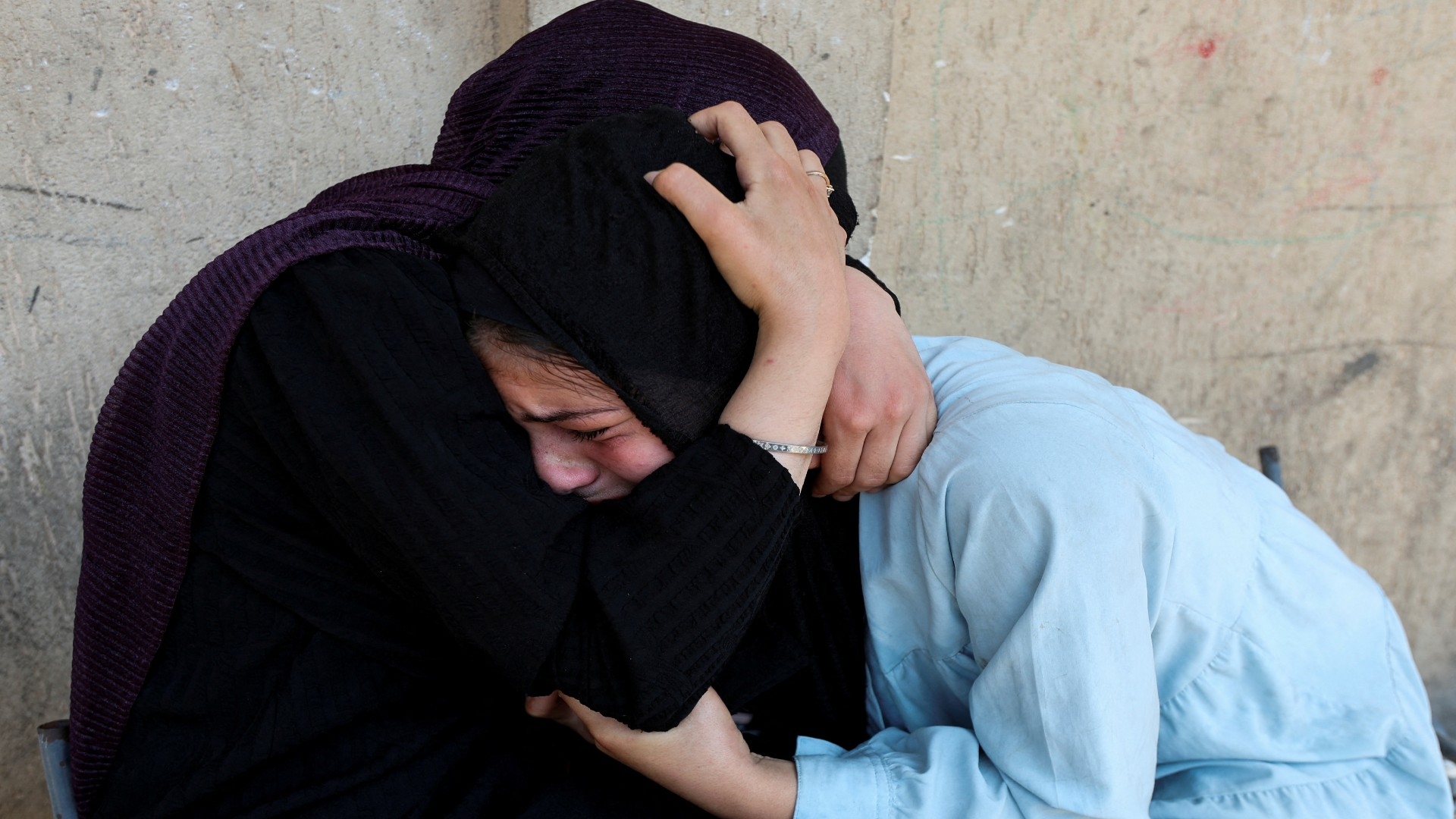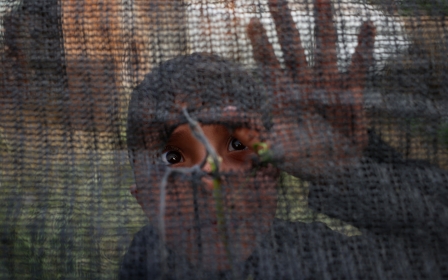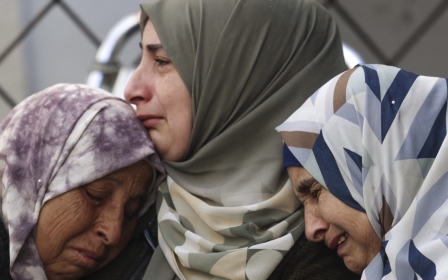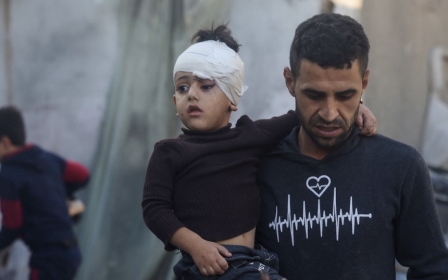War on Gaza: Palestinians suffering from 'unprecedented mental health crisis'

A mental health NGO has found “alarmingly high” rates of mental health disorders among Palestinians in Gaza, particularly women and children.
In a report published on Tuesday, the Gaza Community Mental Health Programme (GCMHP) said that Israel’s ongoing war on the enclave has produced an “unprecedented mental health crisis” which could endure for “generations to come”.
The report found that Gaza’s children “live in a state of endless tragedy”, with many of them suffering from sleeplessness, sleepwalking, night terrors, constant shaking and bedwetting.
One father told GCMHP that one his children wets the bed at the sound of war planes and drones flying overhead.
Some children develop serious mental health disorders. A 13-year-old mentioned in the report suffers from visual and auditory hallucinations.
New MEE newsletter: Jerusalem Dispatch
Sign up to get the latest insights and analysis on Israel-Palestine, alongside Turkey Unpacked and other MEE newsletters
The surging levels of distress among Gaza's population have produced a spike in domestic violence.
In one interview, a woman said she kept “imagining corpses”, and recalling the body of her son with his intestines spilling out. Her trauma manifested in nervousness and aggression, which would prompt her to scream and hit her sons without provocation.
Clinicians reported high rates of helplessness and despair among many of the people they spoke to, who as a result had stopped looking after themselves or playing with their children.
They also found a prevalence of “complex traumas”, which manifest in denial and social isolation, with some losing the ability to express themselves.
“Some beneficiaries tell stories of losing their father, mother, wife, and children, and they are in a state of stagnation and dullness, as if the matter was simple and ordinary,” one clinician reported.
Another recalled a woman who laughed when talking about being strip-searched by Israeli forces.
The psychological trauma experienced by many also manifests in physical symptoms, such as joint and stomach pain, rapid heartbeat and breathlessness.
In addition to urging for a ceasefire and the distribution of aid, GCMHP said the provision of psychological support “should be given top priority as an essential part of humanitarian aid to Gaza”.
Middle East Eye delivers independent and unrivalled coverage and analysis of the Middle East, North Africa and beyond. To learn more about republishing this content and the associated fees, please fill out this form. More about MEE can be found here.




